Listen to the latest episode of Ghost Wrap here, brought to you by Mazars:
Bell Equipment is still growing earnings strongly (JSE: BEL)
This stock has been a great lesson in the importance of valuations, up 44% this year
As a cyclical business with significant operations in South Africa, you don’t need to be much of a business expert to point out some of the risks for Bell Equipment. The good news is that the valuation is so dirt cheap that the excavators feel compelled to try and move it around.
In a trading statement dealing with the year ending December 2023, Bell expects to report HEPS of at least 750 cents. We are weeks away from the end of this period, so that’s a very big show of faith. I also want to give credit to the company for this level of disclosure, as this is the way a trading statement is supposed to be used.
This implies an increase of at least 59% in HEPS, with stronger market demand and a high level of execution by the company in response to that demand.
The share price is R21.85, so the Price/Earnings multiple is not even 3x.
MiX Telematics reports a major year-on-year profit swing (JSE: MIX)
Remember, these results should be read against the backdrop of the potential Powerfleet transaction
MiX Telematics has been busy lately. The proposed merger with Powerfleet was announced in October 2023, with the hope of creating an Internet of Things (IoT) scale player.
Of course, financial reporting requirements don’t just fall away because a deal is underway. The company has released a trading statement dealing with the six months to September 2023, reflecting a return to profitability.
After reporting a headline loss per share of 0.5 cents for the comparable period, HEPS for this period is 7 cents. That’s a very big swing, achieved through a combination of higher revenue and better margins as a result, along with a lower effective tax rate because of the impact of foreign exchange movements on intercompany loan funding.
The share price closed 9.3% higher on a day that was bright red for the JSE.
Has MTN settled in the R90s? (JSE: MTN)
The release of group results didn’t seem to have much impact
For the past week or so, we’ve been digesting the updates from MTN’s African subsidiaries. In most cases, they weren’t great this quarter. Inflation has been hitting those markets hard.
The group results have now been released, kicking off with a reminder that MTN has 290 million customers in 19 markets. The big dream is to turn those customers into fintech payments customers, creating a monster of a financial services business along the way. Execution of that idea isn’t so easy, of course.
Group revenue increased 9% as reported or 14.2% in constant currency. Voice revenue grew 4.3% in constant currency and data revenue was up 23.1% on the same basis. Interestingly, fintech revenue was slightly slower at 22.1% growth (again in constant currency). This is despite a 33.9% increase in fintech transaction volumes.
Group EBITDA before once-offs fell by 13.8% as reported. It increased 6.2% in constant currency, which shows you how severe the currency impact has been. As the share price shows, the market has focused on reported results rather than constant currency performance.
Over the nine months year-to-date, EBITDA fell 2.8% as reported or grew 11.2% in constant currency. Regardless of which of those metrics you use, EBITDA margin has contracted.
The share price got down to R90 before turning up and landing at R95. Here’s a one-year chart:

I must caution that if it breaks below the R90s, it’s entirely plausible that it gets to the R70s before sentiment changes.
What will improve things for MTN? Certainly a drop in inflation in the various African countries will help, along with a weaker dollar. If we are at the top of the hiking cycle in the US, then that should lend some support to a recovery.
It’s also important to understand that South Africa is far from being an exciting story for MTN. Total service revenue increased just 4.1% year-on-year in this quarter, which is better than Q1 and Q2 but still well below inflation. There’s also some sequential improvement in EBITDA margin since the beginning of the year. Overall though, we are a slow growth market. People like MTN because of the Africa story, hence why the recent macroeconomic deterioration has hit the price so hard.
Interestingly, mobile data is now 47.9% of MTN SA’s service revenue.
Finally, I think it’s good news that holding company leverage was still at 1.5x, in line with the June number. The group balance sheet is always a worry as upstreaming cash from the African subsidiaries is difficult.
Omnia expects HEPS to drop (JSE: OMN)
It seems like chemicals businesses are struggling across the board
There are a number of JSE-listed companies that play in the chemicals sector, or at least they have certain segments that do. From what I’ve seen recently, chemicals groups are struggling in general at the moment (there are exceptions of course). Omnia can add its name to the list, with an expected drop in HEPS.
For the six months ended September, the group expects HEPS to have dropped by between 12% and 2%, which means a range of 260 cents to 289 cents for the interim period. For reference, the share price is R57.00.
The pressure was felt more in the agriculture segment than the mining segment, although the commentary in the announcement is incredibly positive for a company that is telling shareholders that earnings are down.
Just read this excerpt and decide for yourself whether it makes sense in the context of these numbers:
“The Group delivered a resilient operational performance with strong sales volumes, market share growth and robust margins. Solid progress was made in the Group’s international expansion efforts, in particular the Mining segment which contributed to profit ahead of expectations. A focus on costs, prudent capital expenditure and stringent working capital management enabled the Group to maintain a robust financial position with a positive net cash balance of approximately R1.6 billion. Omnia continues to maintain a strong balance sheet which allows it to retain optionality in line with its disciplined capital allocation framework.”
There isn’t much in there to explain the drop in HEPS.
Sirius has concluded the sale in Germany and acquisition in the UK (JSE: SRE)
The Sirius model is based on active management of properties
Sirius has been making a real song and dance about the disposal of a property in Germany on a yield of 5.7% and the acquisition of three assets in North London on a yield of 7.3%.
Remember, the yield and the price are inversely related. Selling at 5.7% and buying at 7.3% effectively means selling high and buying low, which is obviously a good approach when recycling capital.
The disposal in Germany was 6% above book value, which also gives the reported net asset value per share some support.
Active asset management is a big part of the promise that Sirius makes to shareholders. The company believes that the newly acquired UK properties should generate a running yield of 10% at maturity, with a current occupancy rate of just under 70%.
The Sirius share price is up 21.7% this year, though it remains miles off the pandemic peaks when people were willing to pay a very silly premium to NAV for Sirius. This share price chart looks more like a tech stock than a property group:

Little Bites:
- Director dealings:
- Des de Beer was clearly feeling flush for this latest trade, with a purchase of R10.7 million worth of shares in Lighthouse Properties (JSE: LTE).
- Here’s one worth paying attention to: Christo Wiese has bought R654k worth of shares in Collins Property Group (JSE: CPP) and an associate of the Collins family bought shares worth R5.9 million.
- The company secretary of Growthpoint (JSE: GRT) has sold shares worth R520k. Although these are linked to share schemes, the announcement doesn’t say that this is purely to cover the tax, so it’s a sale in my books.
- A senior executive at Pan African Resources (JSE: PAN) has bought shares worth R25k.
- STADIO Holdings (JSE: SDO) has appointed Ishak Kula as CFO. He joins from Bud Group, which is a large private company involved in various industrial verticals.
- Eastern Platinum (JSE: EPS) has obtained approval from the South African Competition Commission for Ka An Development Co to acquire shares in the company as part of the rights offering announced back in May. The approval is subject to the establishment of a 5% employee share ownership programme in Barplats Mines within six months of Barplats attaining a steady state of certain run of mine tonnages for a period of six consecutive months.
- AYO Technology (JSE: AYO) has renewed the cautionary announcement related to the ongoing discussions with the JSE around the settlement agreement with the GEPF and PIC. The point here is that the terms need to comply with JSE Listings Requirements.



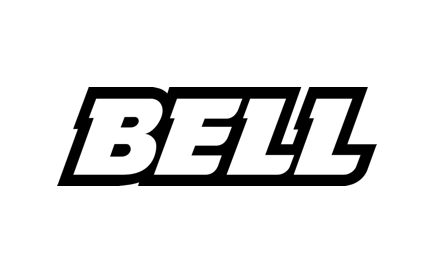

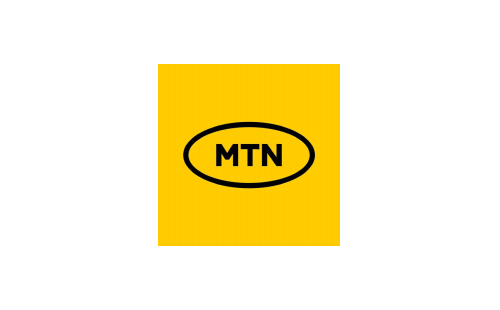
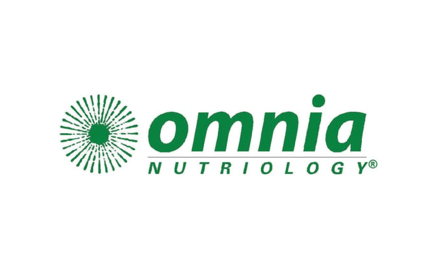
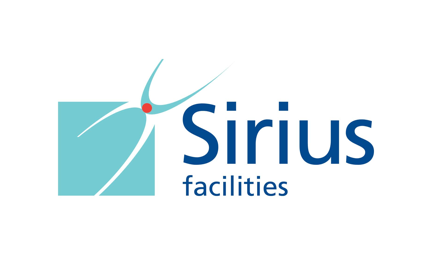



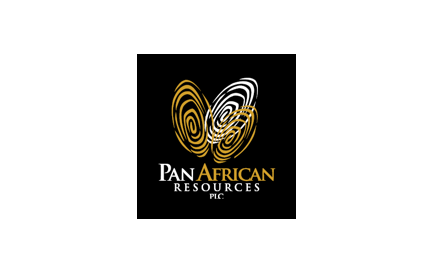

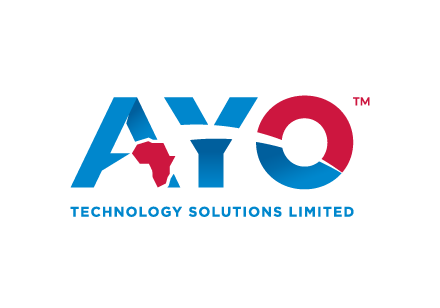
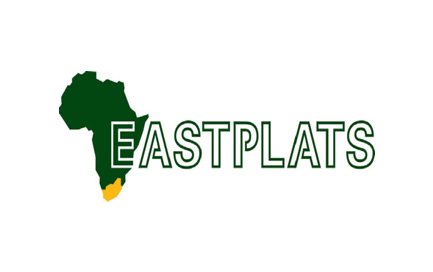


Thanks for the insight Ghost. I’ve been wondering when will you write something on MTN’s nosedive this year. I figured the quarterly results will do. Did their recent tax troubles with Nigerian authorities have an impact to the share price drop?
Hi! I write based on SENS announcements, so the release of results was the trigger. The Nigeria stuff definitely didn’t help. If you go back through Ghost Bites for the past couple of weeks, you’ll find specific pieces on Nigeria / Ghana / Uganda / Rwanda as well.
Is Des de Beer’s constant buying of Lighthouse not effectively just a share buy back programme?